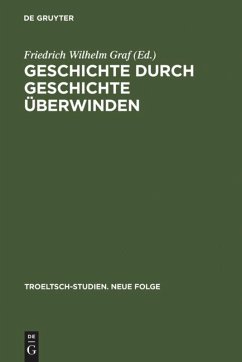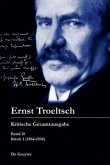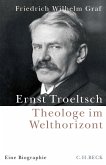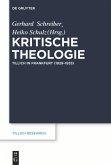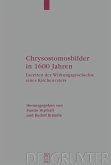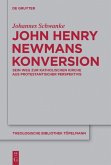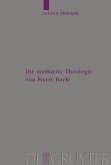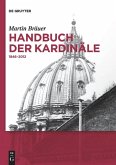The first volume of Troeltsch-Studien, Neue Folge presents the results of the 8th international congress of the Ernst-Troeltsch-Gesellschaft, which was dedicated to the analysis of the trio of subjects: historical philosophy, theology and politics. Troelsch presented a view of historicism as a critical theory of the Modern Age. As a historical philosopher it was his aim to access chains of transmission which could provide a strong ethical orientation as a reaction to historical relativistic experiences; while as a historical theologian he wanted to secure the continued importance of the Jewish and Christian histories of the origins of Europe, so that as a historical politician he could mobilise socio-moral resources to support the fragile Weimar democracy.
Der erste Band der Troeltsch-Studien, Neue Folge dokumentiert die Ergebnisse des 8. Internationalen Kongresses der Ernst-Troeltsch-Gesellschaft, der sich die Analyse der Trias aus Geschichtsphilosophie, Geschichtstheologie und Geschichtspolitik vorgenommen hatte.
Troeltsch entfaltete seine Sicht des Historismus als kritische Theorie der Moderne. Als Geschichtsphilosoph wollte er angesichts historistischer Relativitätserfahrungen ethisch orientierungskräftige Überlieferungen erschließen. Als Geschichtstheologe wollte er die bleibende Bedeutung der jüdischen und christlichen Herkunftsgeschichte Europas sichern, um als Geschichtspolitiker sozialmoralische Ressourcen für die fragile Weimarer Demokratie zu gewinnen.
Der erste Band der Troeltsch-Studien, Neue Folge dokumentiert die Ergebnisse des 8. Internationalen Kongresses der Ernst-Troeltsch-Gesellschaft, der sich die Analyse der Trias aus Geschichtsphilosophie, Geschichtstheologie und Geschichtspolitik vorgenommen hatte.
Troeltsch entfaltete seine Sicht des Historismus als kritische Theorie der Moderne. Als Geschichtsphilosoph wollte er angesichts historistischer Relativitätserfahrungen ethisch orientierungskräftige Überlieferungen erschließen. Als Geschichtstheologe wollte er die bleibende Bedeutung der jüdischen und christlichen Herkunftsgeschichte Europas sichern, um als Geschichtspolitiker sozialmoralische Ressourcen für die fragile Weimarer Demokratie zu gewinnen.

